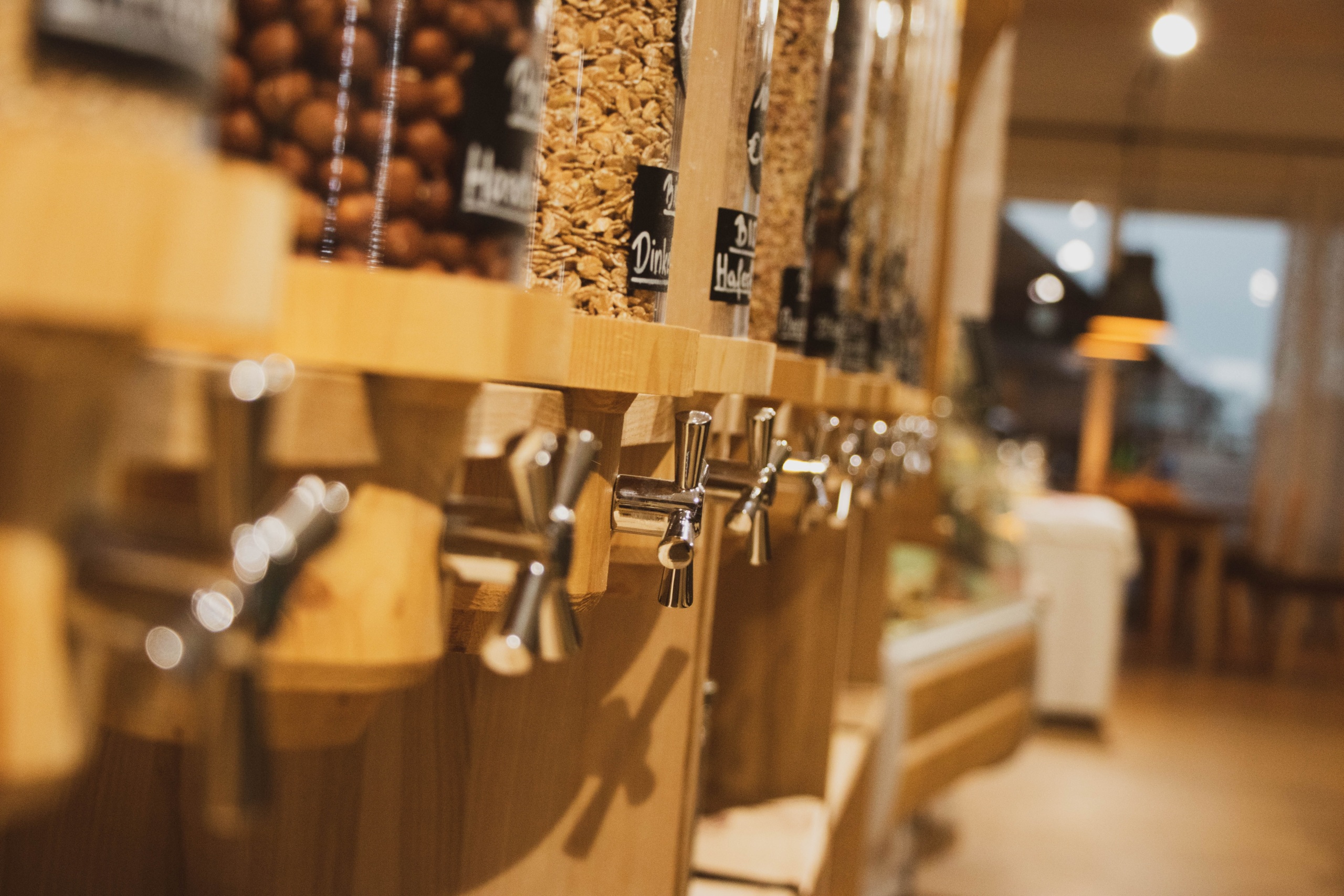
Ditch plastic packaging: Shop at your local refillery
A wave of new retail businesses are eliminating single-use plastic packaging entirely, showing us what a future with dramatically less plastic could look like.
To spare birds, fish and other wildlife from the harm caused by plastic pollution, we’re raising our voices for a world with less single-use plastic products.
Maybe you’ve seen the video of a sea turtle with a plastic straw stuck in its nose, or the headlines about whales washing ashore with stomachs full of plastic. With so much plastic pollution floating in the ocean, it’s too easy for wildlife to mistake it for food — and too often, they pay the price with their lives. The good news is that more people, communities, states and companies are moving away from the single-use plastics we don’t even need. Because after all, nothing we use for a few minutes should pollute our environment and threaten wildlife for hundreds of years.
A wave of new retail businesses are eliminating single-use plastic packaging entirely, showing us what a future with dramatically less plastic could look like.
Report ●
Shoppers can score some great deals on Amazon Prime Day or Prime Big Deal Days, but they come at a cost: tons and tons of single-use plastic packaging waste added to our environment.
Tens of thousands of people across the country call on grocery giant Costco to reduce its use of wasteful plastic packaging.
Here are some concerning facts about the fast fashion industry.
Fast fashion clothing companies are making more clothing than we can wear– and it's having a huge impact on the planet. Here are some tips for making your wardrobe more sustainable.
We get a lot of questions about recycling, especially recycling plastics.
